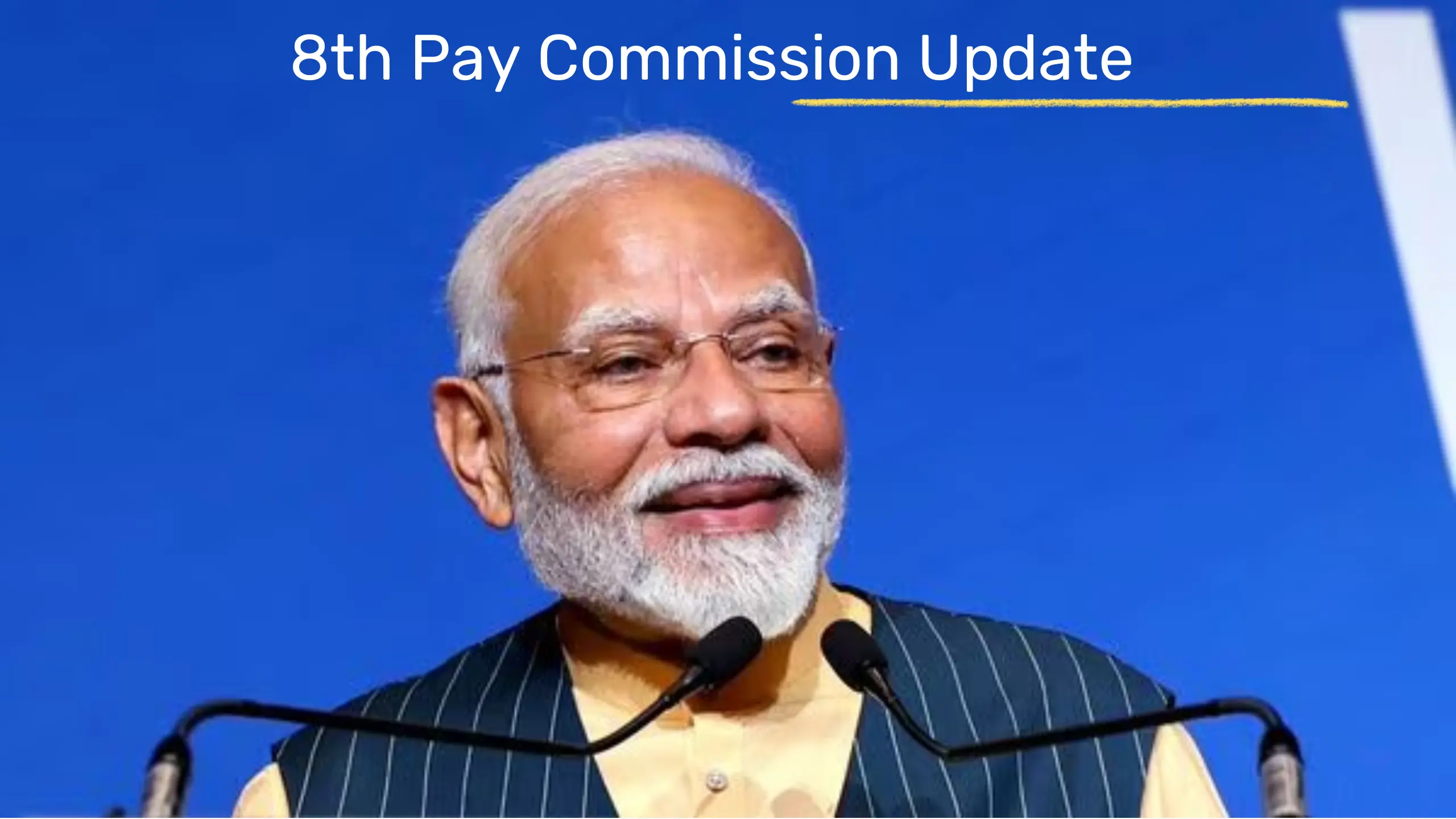8th Pay Commission Update: India’s central government employees have seen their salaries evolve over the decades, thanks to a series of Pay Commissions set up to ensure fair compensation in the face of inflation and changing economic conditions. Since the first Pay Commission was introduced in 1946, each commission has played a crucial role in adjusting salaries and benefits to match the times. According to media reports, the government has already begun internal discussions on the 8th Pay Commission. It is also being speculated that this new pay scale could be implemented as early as next year, i.e. 2025.
The Journey Begins: 5th Pay Commission
The story of modern salary restructuring for government employees really began with the 5th Pay Commission, established in April 1994. By the time its recommendations were implemented in January 1996, it had made some significant changes. One of its key decisions was to reduce the number of pay scales from 51 to 34, simplifying the salary structure. It also increased the gratuity ceiling from Rs 2.5 lakh to Rs 3.5 lakh. The minimum basic salary was set at Rs 2,750, which marked a significant improvement from previous levels, reflecting the inflationary pressures at the time.
Enter the 6th Pay Commission: Big Changes
Fast forward to July 2006, and the 6th Pay Commission came into the picture. By August 2008, its recommendations were approved, leading to a wave of reforms. The minimum basic salary jumped to Rs 7,000, and the fitment factor, which adjusts salaries according to various grades, was initially set at 1.74 but later increased to 1.86 by the government. Another major win for employees was the back pay, effective from January 1, 2006, allowing them to benefit retroactively. Additionally, allowances like DA (Dearness Allowance) saw an increase, moving from 16% to 22%, helping employees manage rising living costs.
The 7th Pay Commission: A Major Leap
Perhaps the most significant leap forward came with the 7th Pay Commission, established on February 28, 2014. By the time it was implemented on January 1, 2016, central government employees saw a substantial improvement in their earnings. The minimum basic salary surged from Rs 7,000 to Rs 18,000, with the fitment factor set at 2.57. This transformation redefined the financial landscape for millions of employees across India, providing better stability in an increasingly expensive world.
The 8th Pay Commission: What to Expect
Now, as we approach the potential establishment of the 8th Pay Commission, expected around 2026, anticipation is high. Although we’re still waiting for official confirmation, early predictions suggest a possible salary hike ranging from 20% to 35%. This could mean Level 1 employees might see their salaries rise to Rs 34,560, while Level 18 employees could be looking at figures as high as Rs 4.8 lakh.
But it’s not just about salaries. The 8th Pay Commission is also expected to introduce more lucrative retirement benefits and adjust various allowances to keep pace with inflation. A fitment factor of 1.92 is being discussed, which will help determine the new salary structure.
The Road Ahead
As we wait for the 8th Pay Commission to officially take shape, it’s clear that central government employees can expect significant improvements. With potential salary hikes, better retirement benefits, and a streamlined pay matrix, the future looks promising. Just as previous commissions have reshaped the lives of millions, the 8th Pay Commission is poised to continue this legacy of positive change, ensuring that government employees are compensated fairly in an evolving economic landscape.
